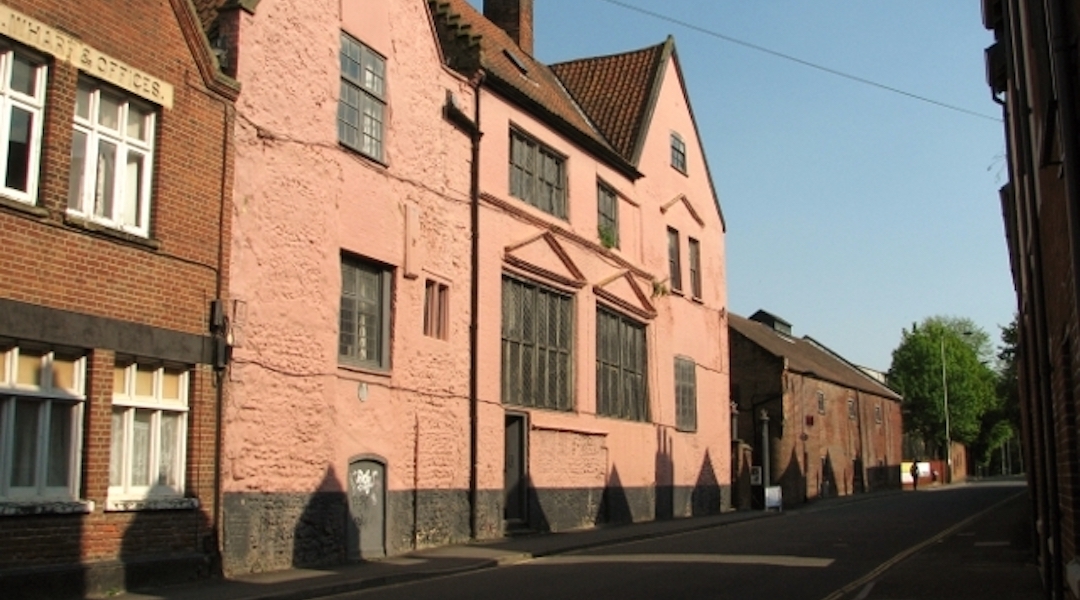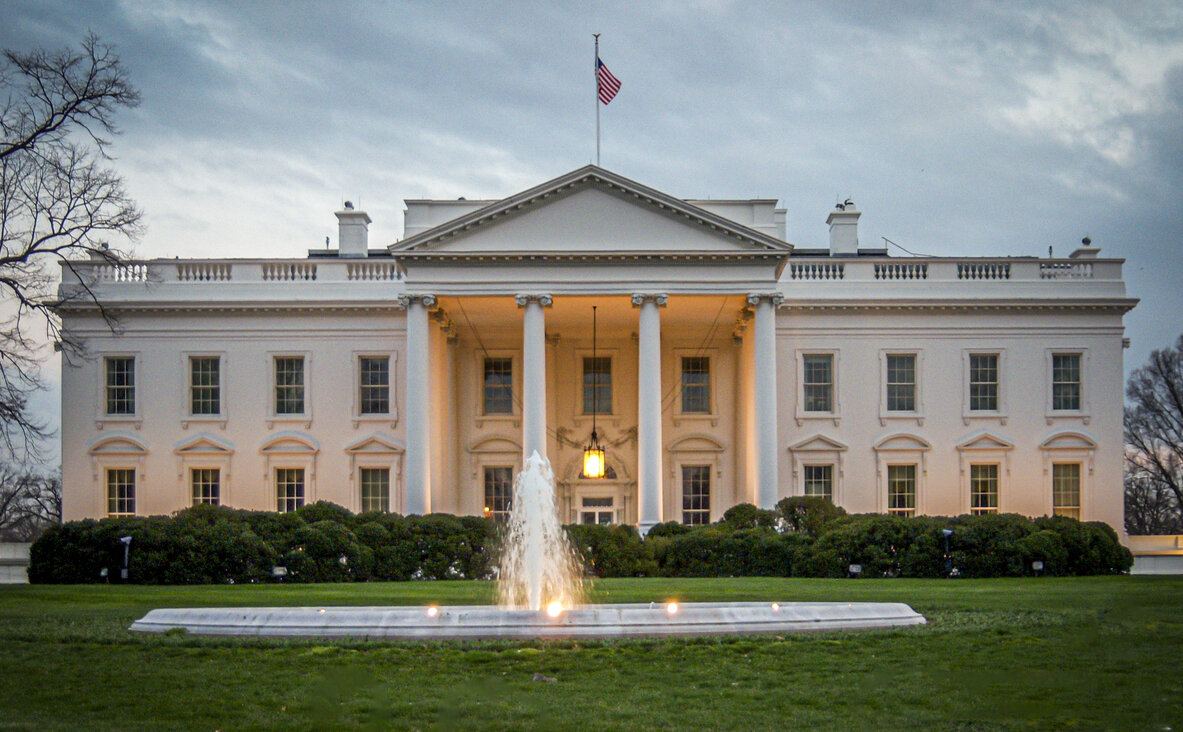The British town where the antisemitic blood libel theory was born could get a Jewish heritage center
Local Jews in Norwich are considering leasing Jurnet’s House, built by a Jewish moneylender in the 12th century, for the new institution

Jurnet’s House in Norwich, England, was built and owned by a Jewish family in the 12th century and could become a Jewish heritage center. (Evelyn Simak via Creative Commons)
(JTA) — When the mayor of the British city of Norwich apologized last spring for the historic assault on local Jews that took place nearly 900 years ago, it was hailed as a major step. Now the city could go even farther — by handing its oldest non-church building over to its local Jewish community.
Norwich is encouraging local Jewish leaders to apply for the lease on Jurnet’s House, the 12th-century structure that was originally the home of Isaac Jurnet, a Jewish moneylender. The house was closed in 2020 because of mold but had previously been used by the city as an education space with a bar in the medieval vault; its lease will become available again next year.
Assuming management of the building could be costly because it has undergone water damage, said Marian Prinsely, a leader in both the town and its synagogue, in an interview with the Jewish Chronicle. “It’s the oldest secular building in Norwich,” she said. “It’s going to need a lot of renovation.”
But she and others in the Jewish community, along with historians at the University of East Anglia, located in Norwich, say the expense associated with transforming Jurnet’s House into a “Jewish heritage center” is justified because of Norwich’s history of antisemitism.
It was in Norwich, in 1144, that the first known case of the blood libel took place. The antisemitic lie — that local Jews killed Christian children to use their blood for ritual purposes — has endured since, spurring massacres and pogroms in Europe and infusing contemporary conspiracy theories including QAnon.
Norwich was also the site of an 1190 massacre of local Jews that received renewed attention in recent decades after the bones of 17 victims were unearthed during a construction project. In 2013, the bones received a Jewish burial, and last year, analysis of DNA extracted from them offered new insights about Jewish genetic variation.
“We don’t just want it as a museum,” Prinsely told the Jewish Chronicle about the community’s bid for Jurnet’s House. “It could also house an institute for the study of antisemitism. Being at the home of the first blood libel gives it extra credence.”
This article originally appeared on JTA.org.














